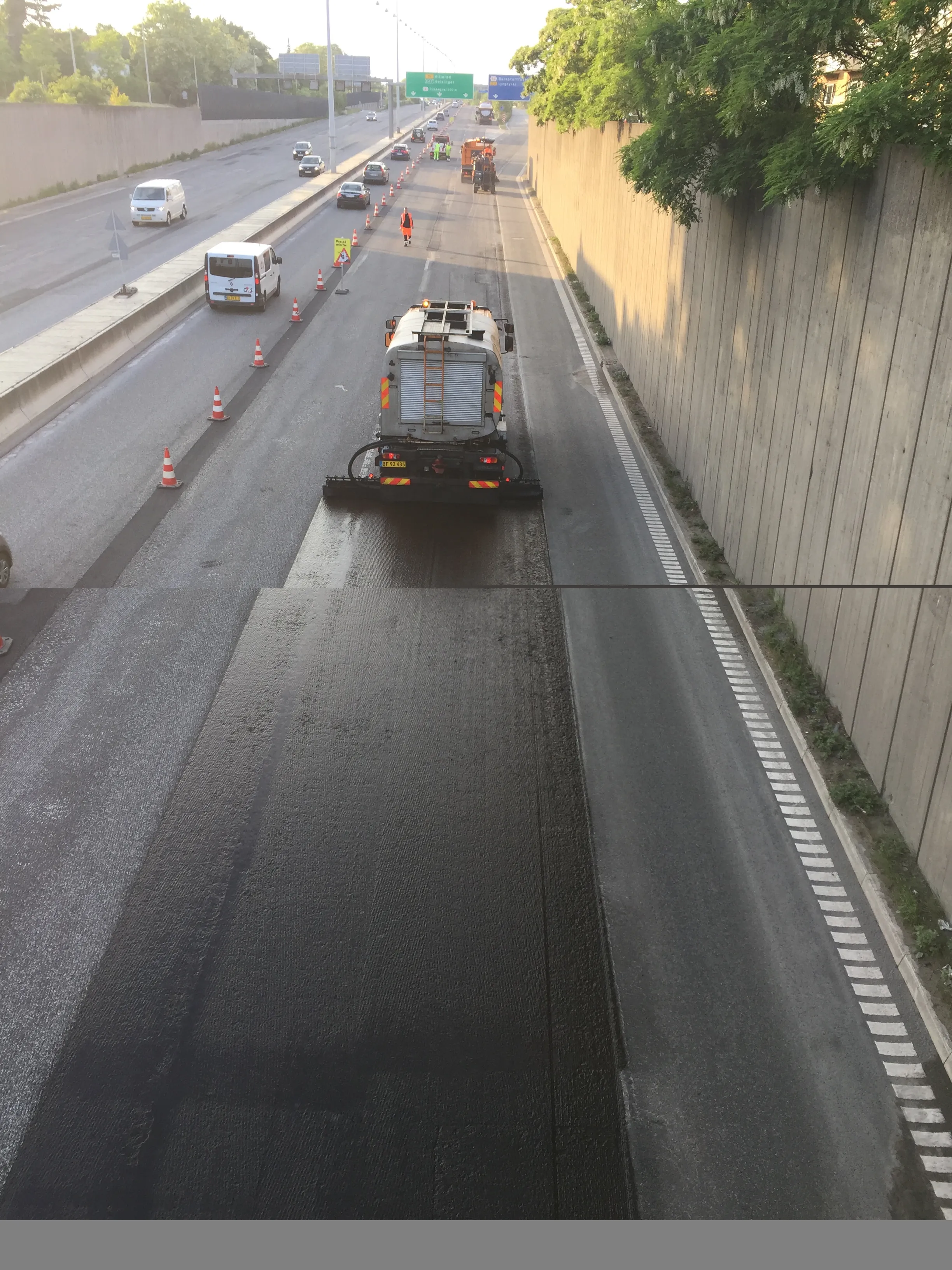A new agreement in the US will help tackle the issue of drink driving using sophisticated in-car technologies. The US Department of Transportation’s National Highway Traffic Safety Administration is extending its cooperative agreement with the Automotive Coalition for Traffic Safety (ACTS), which comprises 15 automakers. This agreement will see research continuing into advanced alcohol detection technology that could prevent vehicles from being driven by a drunk driver. “Drunk driving remains a deadly crime
January 9, 2014
Read time: 3 mins
A new agreement in the US will help tackle the issue of drink driving using sophisticated in-car technologies. The 2364 US Department of Transportation’s 2467 National Highway Traffic Safety Administration is extending its cooperative agreement with the Automotive Coalition for Traffic Safety (ACTS), which comprises 15 automakers. This agreement will see research continuing into advanced alcohol detection technology that could prevent vehicles from being driven by a drunk driver. “Drunk driving remains a deadly crime that tears apart families and destroys lives,” said Transportation Secretary Anthony Foxx. “We will continue to work closely with all of our federal, state and local safety partners, including the automotive industry to combat drunk driving with new, lifesaving technologies.”
Under the partnership, NHTSA is working with ACTS to develop a Driver Alcohol Detection System for Safety (DADSS, ), a noninvasive system that could accurately and reliably detect when a driver is above the legal alcohol limit of 0.08 BAC adopted by all 50 States and territories. The automatic system would be enabled every time the car is started, but unobtrusive so it would not pose an inconvenience to the non-intoxicated driver.
“In this age of innovation, smart technology may be the breakthrough we need to prevent drunk drivers from getting behind the wheel and endangering the safety of others on our roads,” said NHTSA Administrator David Strickland. “The DADSS Research Program has shown significant promise to date, offering real potential in the future to prevent several thousand deaths annually.”
The program was authorised under The Moving Ahead for Progress in the 21st Century (MAP–21) Act. During the first year of the extended agreement, NHTSA and ACTS are contributing a over US$6.5 million to help advance long-term research into DADSS. Over the next few years, ACTS and NHTSA will explore the feasibility, potential benefits and challenges associated with a more widespread voluntary use of DADSS and will begin working on public policy and consumer acceptance issues to ensure that when the technology is ready for commercialisation, manufacturers that choose to offer the system as an option will find a marketplace with few to no impediments to consumer adoption.
By early 2015, a research vehicle that incorporates two different technological approaches to measuring BAC, touch-based and breath-based, will be available for testing in a pilot field trial. Research using laboratory-scale prototype detection devices is already underway, while testing with on-road prototype devices is expected within the next few years.
Under the partnership, NHTSA is working with ACTS to develop a Driver Alcohol Detection System for Safety (DADSS, ), a noninvasive system that could accurately and reliably detect when a driver is above the legal alcohol limit of 0.08 BAC adopted by all 50 States and territories. The automatic system would be enabled every time the car is started, but unobtrusive so it would not pose an inconvenience to the non-intoxicated driver.
“In this age of innovation, smart technology may be the breakthrough we need to prevent drunk drivers from getting behind the wheel and endangering the safety of others on our roads,” said NHTSA Administrator David Strickland. “The DADSS Research Program has shown significant promise to date, offering real potential in the future to prevent several thousand deaths annually.”
The program was authorised under The Moving Ahead for Progress in the 21st Century (MAP–21) Act. During the first year of the extended agreement, NHTSA and ACTS are contributing a over US$6.5 million to help advance long-term research into DADSS. Over the next few years, ACTS and NHTSA will explore the feasibility, potential benefits and challenges associated with a more widespread voluntary use of DADSS and will begin working on public policy and consumer acceptance issues to ensure that when the technology is ready for commercialisation, manufacturers that choose to offer the system as an option will find a marketplace with few to no impediments to consumer adoption.
By early 2015, a research vehicle that incorporates two different technological approaches to measuring BAC, touch-based and breath-based, will be available for testing in a pilot field trial. Research using laboratory-scale prototype detection devices is already underway, while testing with on-road prototype devices is expected within the next few years.







